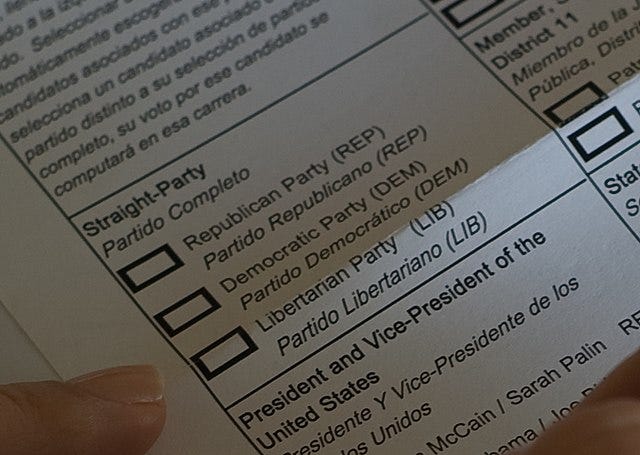Why Shouldn't There be 50 Different Disqualification Rules?
We leave many issues up to the states, including ballot access.
One common refrain seen when reading analyses of the current debate regarding the Disqualification Clause of the 14th Amendment is that surely the Supreme Court will make a sweeping rule regarding some aspect of it (definition of insurrection, due process of enforcement, etc.) to spare us from having a patchwork of 50 different rules, one for each state…
Keep reading with a 7-day free trial
Subscribe to Thinker at the Gates to keep reading this post and get 7 days of free access to the full post archives.


